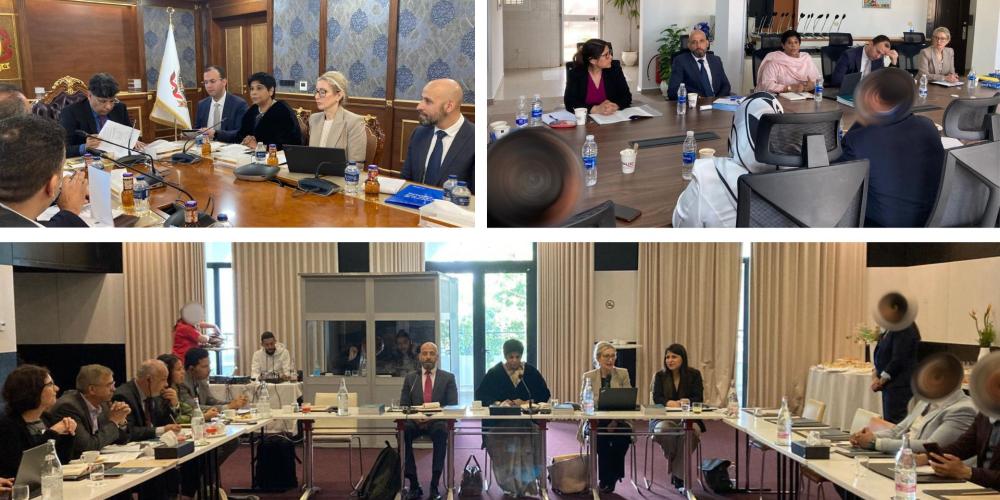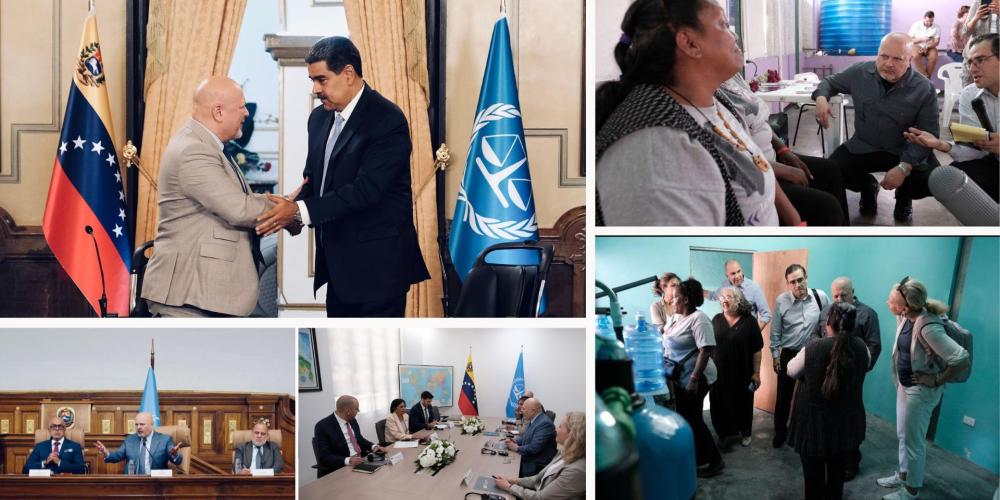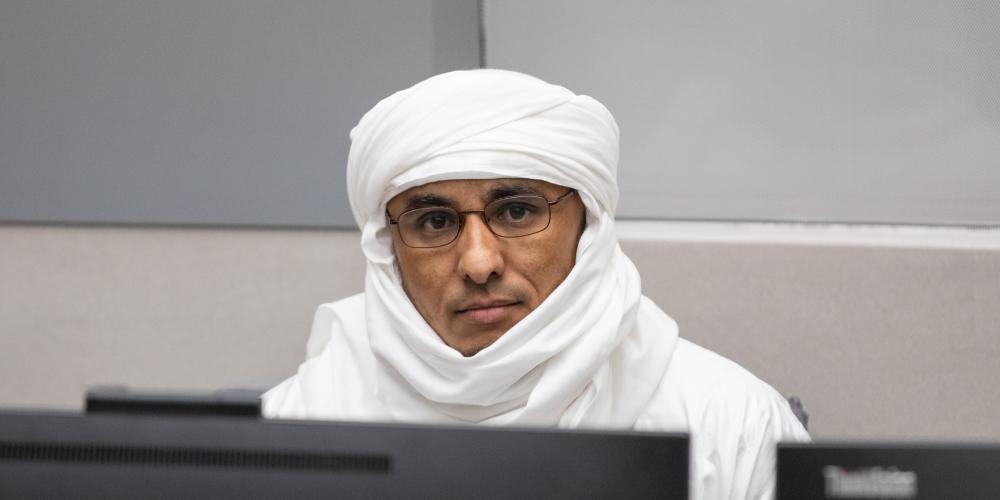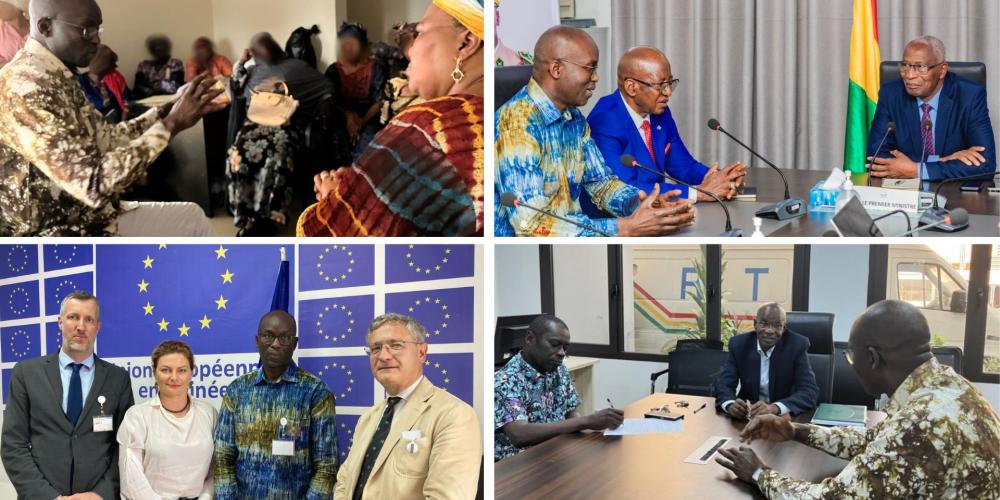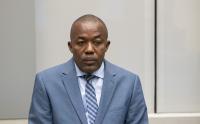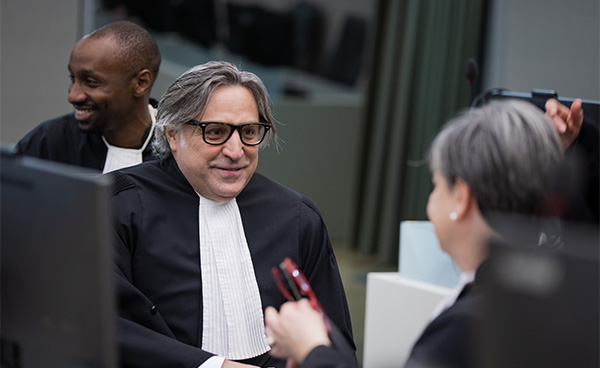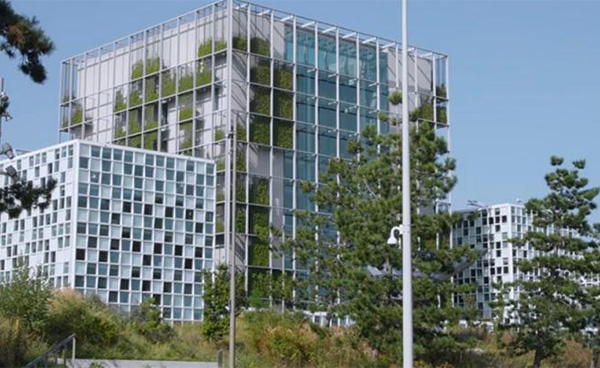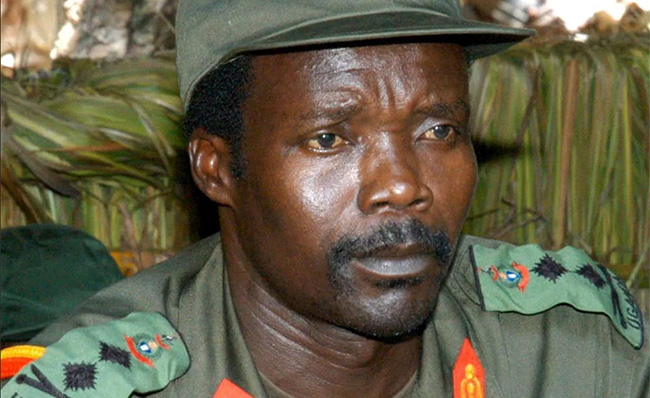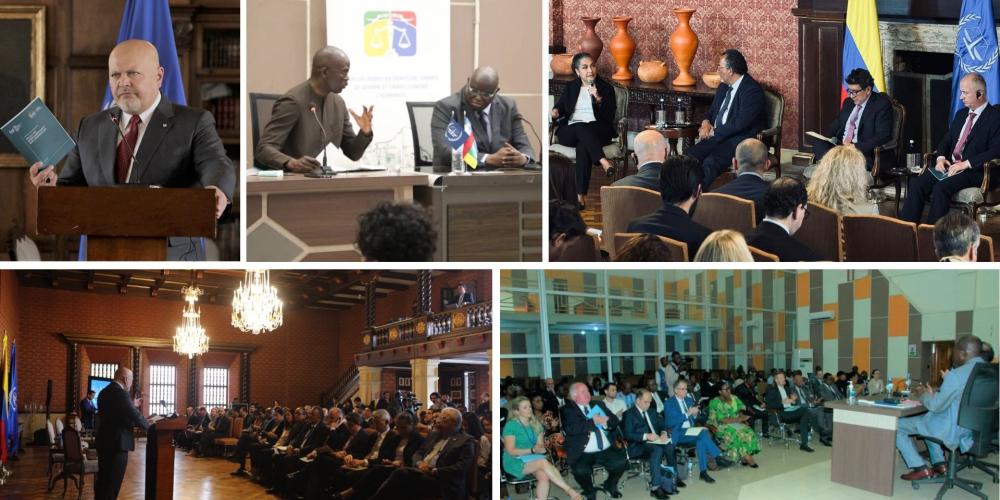
5
Concluded Investigations

About the Court
The International Criminal Court (ICC) investigates and, where warranted, tries individuals charged with the gravest crimes of concern to the international community: genocide, war crimes, crimes against humanity and the crime of aggression. As a court of last resort, it seeks to complement, not replace, national Courts. Governed by an international treaty called the Rome Statute,
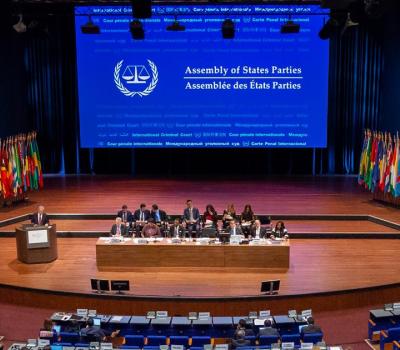
States Parties
The Assembly of States Parties ("the Assembly") is the Court's management oversight and legislative body and is composed of representatives of the States which have ratified or acceded to the Rome Statute.
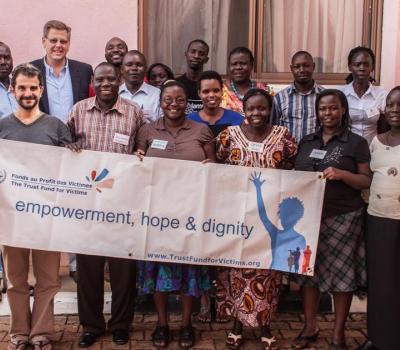
Trust Fund For Victims
Trust Fund for Victims is separate from the Court and its mission is to support and implement programmes that address harms resulting from genocide, crimes of humanity, war crimes and aggression.
